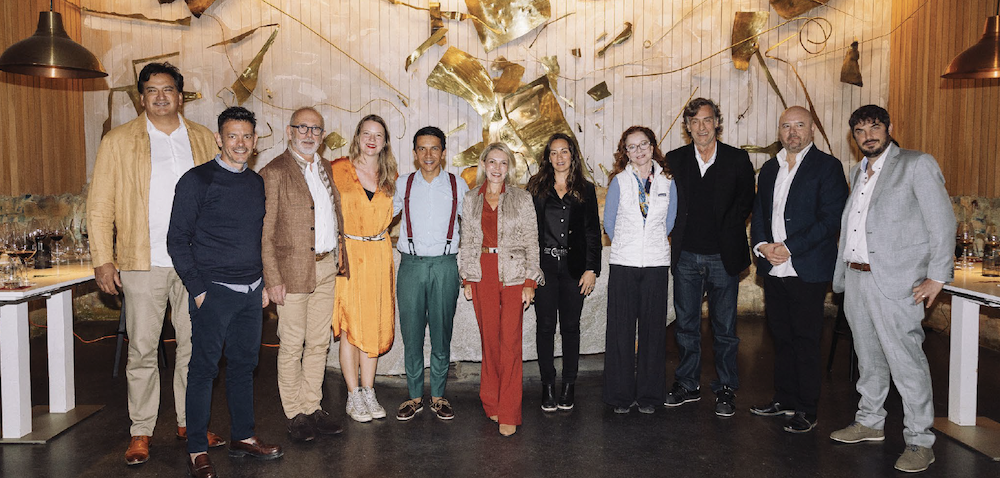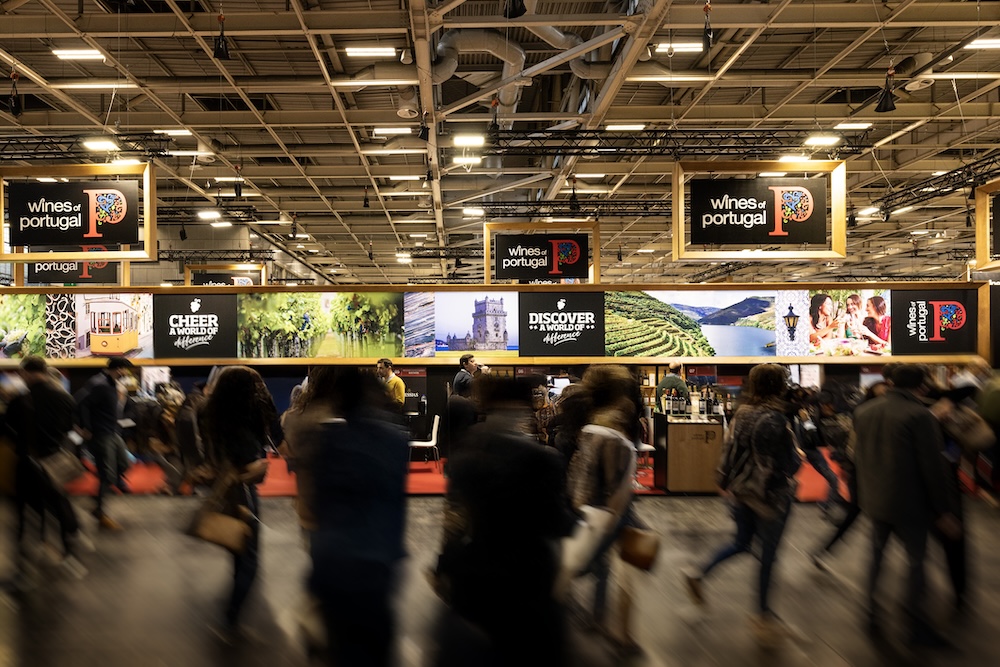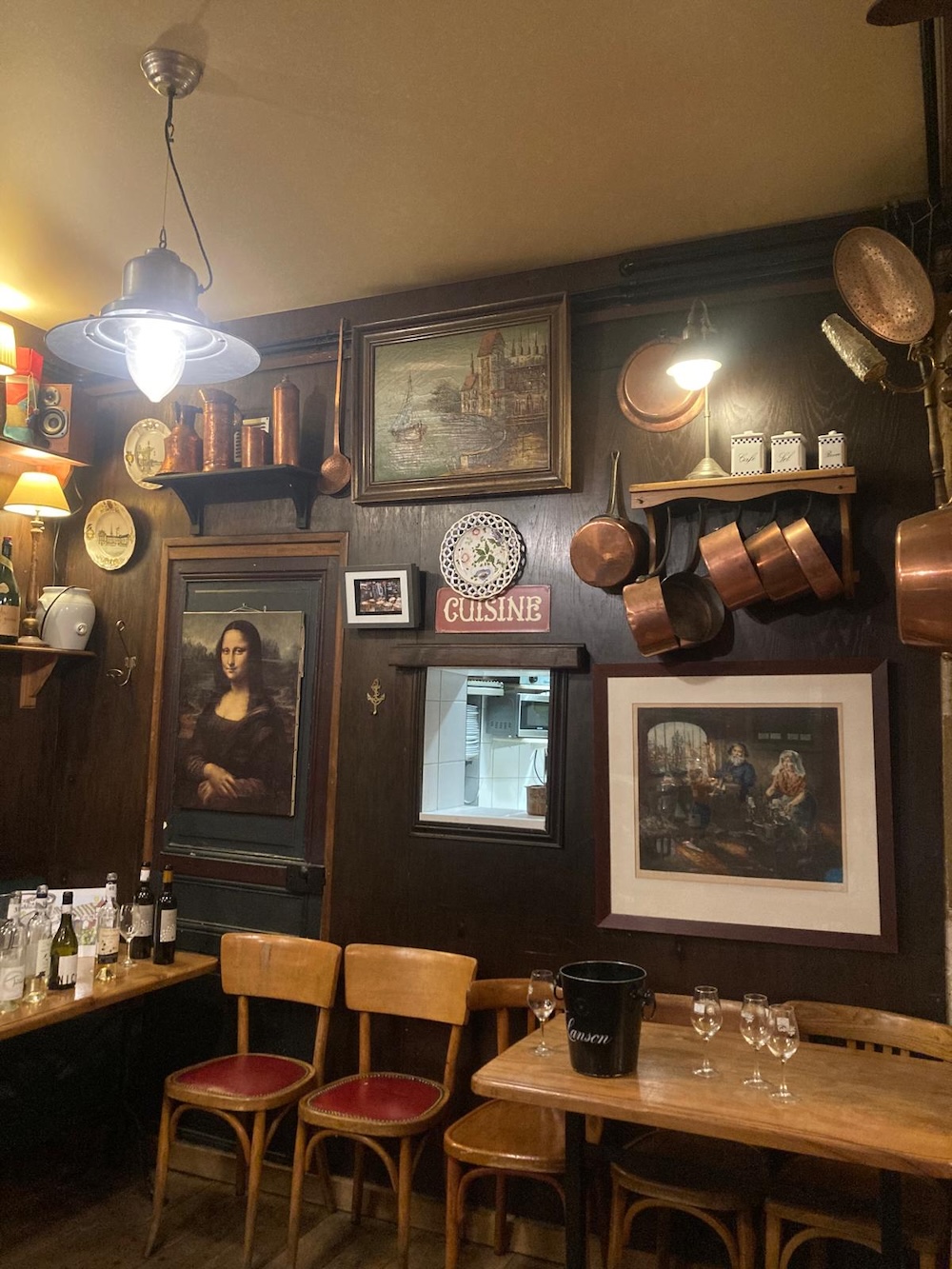
Discovery

Discovery
By Mauricio Llaver - Photographs: courtesy of the estates, posted on 27 November 2023
A climate with little rainfall and plenty of sunshine has traditionally promoted healthy vines and wines in Argentina. However, a growing number of wineries are securing international certifications for their organic and biodynamic wines. And the trend is quickly gaining traction.
The great Argentinean food journalist, Miguel Brascó, used to say that in Argentina all wines were organic without the need for certification, because the paucity of rain and abundance of sunshine in the wine regions removed the need for fertilisers in the vineyards.
However, the tendency to certify vineyards is growing, as evidenced by the figures: 79 wineries produce organic wines, and 69 of them export their products; the most prolific organic varietal is Malbec, and the main markets are the European Union (64%), the United Kingdom (14%), Switzerland (3%) and Japan (2%). Within the European Union, the largest destinations are Denmark and Sweden.
In recent years, organic production has grown at rates of around 10% per year, and most of the wineries that have not yet certified their products are in the process of doing so. The situation could be summarised as follows: the trail has been blazed and the trend is irreversible.
In 1997, Jean Bousquet sold his winery in Carcassonne and set off in search of new horizons to develop organic wines. He farmed vineyards in Chile and Argentina, until he found his place in the new world: Gualtallary, Tupungato, in Mendoza's Uco Valley, which soon became one of the most coveted regions for Argentinean and international wineries.
Some Gualtallary locals still remember the “crazy Frenchman”, who invested in land here at a time when nobody else did, and who would point to the tree tops on his farm every day and say: “Look at how the leaves are moving. That wind is the key to the healthiness of this location, which is perfect for growing large vineyards”.
Jean Bousquet is now one of the great advocates of organic viticulture in Argentina, with 40 hectares of vineyards and a winery entirely certified organic. All the winery’s practices are organic, using liquid organic fertilisers rich in natural nutrients and natural ground cover between the rows, among other techniques.
Its 40 hectares include the following varietals: Malbec, Cabernet Sauvignon, Cabernet Franc, Merlot, Garnacha, Mourvedre, Syrah, Pinot Noir, Pinot Gris, Chardonnay and Sauvignon Blanc.
"All our lines are organic. We have all the certifications and matching logos, which we communicate on our labels. And we also make organic sparkling and frizzantes, which is not very common”, says a spokesperson from the winery’s marketing department. “In many markets it is a plus to offer organic or biodynamic wines. Demand for this type of wine is growing, so we know that this will be increasingly important”.
Jean Bousquet markets two product lines: Santa Bax, in honour of Jean's mother, whose surname was Bax, and Papillon. Its export markets are Brazil, Canada, Switzerland, the Netherlands and the United States.



Domaine Bousquet has been an organic project since its foundation in 1997, in uncharted and unknown territory. Since then, everything it has developed is 100% organic. Its vineyards are located in Gualtallary.
In latter years, much of the estate has switched to biodynamic viticulture and a 360˚ sustainable approach has been taken in the vineyards and winery. Biodiversity is a key focus in the vineyards, as is a pioneering water conservation initiative, solar power in the winery, use of lightweight bottles and a commitment to bottling some lines in domestic markets to reduce carbon emissions. The winery has also pioneered the production of wines with no added SO₂.
“We are always looking to improve and our efforts are now focused on Regenerative Viticulture, which is a natural progression beyond sustainability. We were the fourth winery in the world to achieve Regenerative Organic Certification (ROC) status in June 2022 and we became B Corp certified at the end of 2022”, explains Anne Bousquet, the CEO of Domaine Bousquet.
The entire portfolio of wines is organic and, from the 2022 vintage, two of its premium ranges – Ameri and Gaia – are biodynamic.
“Sweden leads the way in terms of its focus on organic wine and has always been a key market for Domaine Bousquet. We met with Systembolaget almost two decades ago and at that time less than 1% of the wines sold there were organic. We offered our wines in a specific tender for organic wines, which we subsequently won. The success of this led Systembolaget to announce new tenders for organic wines, and it subsequently set a target of 20% of all wine sales to be organic by 2020. Today in Sweden, 26% of the wines sold are organic - the highest percentage in the world, as the world average is about 2% - and Domaine Bousquet continues to be successful there”, Bousquet adds.
The main ranges are Domaine Bousquet Premium Varietals Virgin (with no added sulphites); Domaine Bousquet Reserve Gaia; Domaine Bousquet Gran Reserve Ameri Alavida (Kosher); Domaine Bousquet Sparkling; Domaine Bousquet Cameleon Finca Lalande.


In 2015, Federico Bandini from Mendoza, who lives in Houston, Texas, decided to develop a winemaking project in his native Luján de Cuyo. He christened it ‘Finca Bandini’ and entrusted the project to Carolina Pelayes, who has since become the CEO of the venture. Bandini acquired a 70-hectare estate on the edge of the Andes Mountains in the Las Compuertas Geographical Indication area.
Finca Bandini receives the first water from the Andes, when the thaw begins, after the winter snowfalls. And that is the hallmark of the entire project.

The relationship with water is so important that two of its lines bear names related to its occurrence on the estate. One is Los Muros, inspired by the locks from which water was administered for the areas of Las Compuertas and Vistalba, and the other is Dos Cauces, named after the meltwater streams of the Andes that bathe the property’s land. “The challenge was enormous”, recalls Pelayes. “We had to rebuild the estate, define an agronomic proposition from scratch, build the well and a dam, design the irrigation system, relocate more than 4,000 olive trees and plant and convert 59 hectares of Malbec, Cabernet Sauvignon, Cabernet Franc and Petit Verdot, on an estate where there were only 15 hectares of vines. It was a very ambitious master plan.”

In just a few years, the winery has already secured important exports to the US and Brazilian markets, with Alberto Moreno’s guidance as winemaker and consultancy by Marcelo Pelleriti, who has experience in Mendoza and Pomerol, Bordeaux, where he produced wines by Chateau La Violette and Chateau Le Gay. In addition to Los Muros (Blanc de Blancs, Malbec, Cabernet Sauvignon) and Dos Cauces (Blanc de Blancs, Malbec), the estate’s lines include Terroir Único Bandini House of Wines, Magno Corpore (Malbec), Bandini Malbec Rosé and the sparkling wine Aurum, made from Pinot Noir, Chardonnay and Gewürztraminer.
Finca Bandini only produces high-end wines, certified for its Good Agricultural Practices and organic techniques. “For us, the commitment is to care for the environment. We do it out of conviction, not because our distributors compel us to do so”.
Cielo y Tierra is a project that was born with musical roots, driven by the Argentinean composer Gustavo Santaolalla, winner of the Oscar for the best musical score for two consecutive years, with the films Brokeback Mountain (2005) and Babel (2006).
In 2005, coinciding with his first Hollywood Academy Award, Santaolalla acquired an estate in Luján de Cuyo with eight hectares planted with Malbec, two with Cabernet Sauvignon and one with Petit Verdot, from which he created his wines Celador and Don Juan Nahuel.
Winemaker Juan Carlos Chavero says that from the very beginning they made high-end wines, selling around 2,000 cases a year. In 2015, the project underwent a major change with the arrival of three new partners - Juan Pisani, Diego Bertani and Ezequiel García - who joined forces with Santaolalla and gave Cielo y Tierra a new marketing twist.

“The new partners were part of the distribution company Arcombe (Argentina Comercializadora de Bebidas), which produces the vodka brands New Style and Bar & Pub's”, explains Chavero. “In 2017, we created a mid-range wine called Callejón de las Brujas, offering great value for money, which is distributed through Arcombe's sales channels. This allowed us to ramp up our sales and today we sell 22,000 cases a year, 80% of them under the Callejón de las Brujas brand”. Cielo y Tierra adheres to Good Agricultural Practices (GAP), with the use of natural fertilisers, and at the request of its distributors in Brazil, the company is in the process of achieving ISO 14000 certification.

The next target is the European market, as Santaolalla has always aspired to marketing his wines in Europe. “Gustavo loves Europe, its wines and its music. From the outset, he asked me to make New World wines with Old World notes”, recounts Chavero. And Europe is now squarely in their sights.
Located in the Uco Valley is the Uco Valley winery, producer of Kauzo, which means ‘place’ in Esperanto. Kauzo Co-fermented Malbec-Malbec is produced here, using grapes from two very traditional areas: Altamira and La Consulta. “Altamira brings fruit and minerality, and represents the backbone of our wine. La Consulta contributes to fleshiness and elegance, lending succulence as well as the soft tannins typical of Malbec”, explains Miguel Priore, the winery’s CEO.
Uco Valley “works with our producers to grow grapes and produce wine in a sustainable and environmentally-friendly way. This involves using natural and organic methods to maintain the health of the vineyard and the quality of the wine, minimising the use of chemicals and synthetic pesticides. We are consolidating these practices and have already started the sustainability certification process for Bodegas de Argentina”.

Malbec-Malbec is vegan and GMP certified, which is stated on the back labels. Its main markets are the United States, Brazil and Israel. Today the winery is focusing on entering the Canadian market, which is very strict in terms of environmental standards. These include the weight of the glass bottles, with a view to reducing energy consumption, carbon footprint and logistics costs, and the marketing of wines with organic, biodynamic or sustainable certifications.
“Although they are a challenge for us, we approach all these variables with a very positive attitude, convinced that they are in line with our philosophy and contribute to compromising the needs of future generations as little as possible”, says Priore.

Discovery

Discovery

Discovery